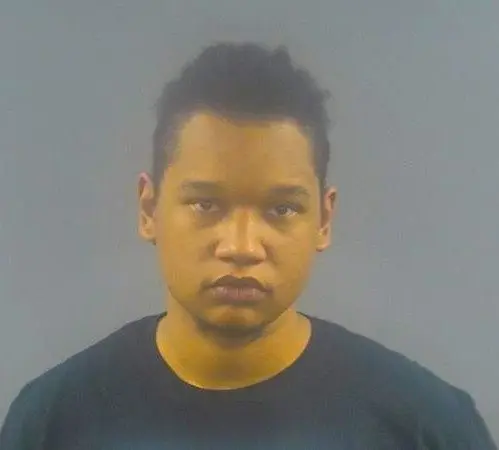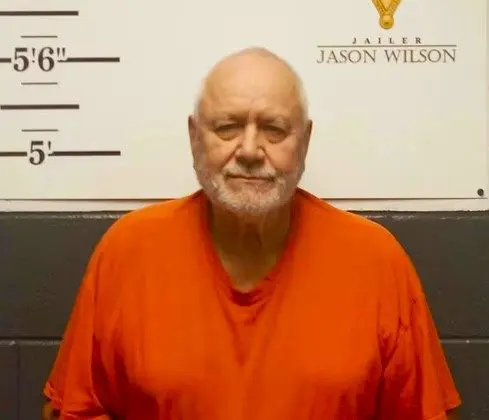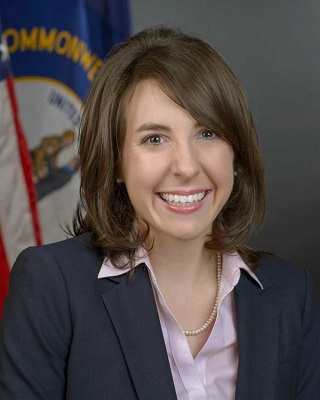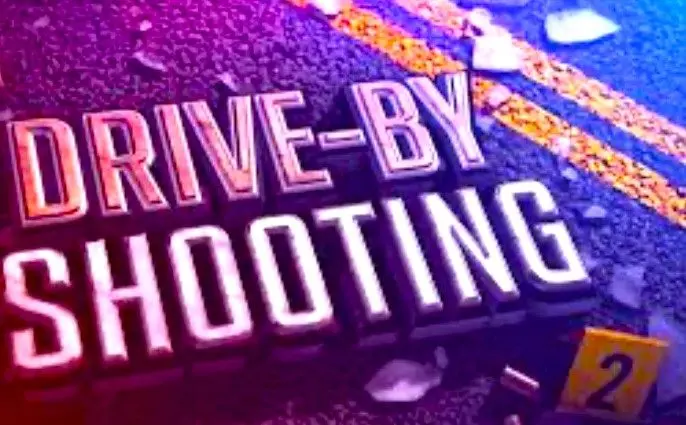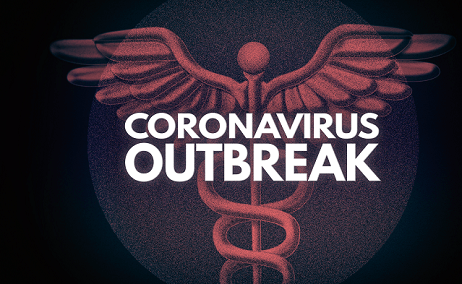
Gov. Andy Beshear on Tuesday reported 4,030 new COVID cases were diagnosed in Kentucky along with 24 deaths.
Of the new cases, 1,154 (28.6 percent) are children 18 and younger.
Kentucky has now had 634,298 coronavirus cases diagnosed since the beginning of the pandemic.
The new deaths give Kentucky 124 COVID-related deaths over the last seven days, raising the state’s death toll to 8,095 (1.3 percent fatality rate).
The positivity rate dropped from Monday’s 13.7 percent to 13.45 percent on Tuesday.
Officials said 2,514 people are hospitalized, up 68 from Monday, with 666 patients in ICUs, up 20 from Monday. People on ventilators rose from Monday’s 411 to 428 on Tuesday.
Key COVID treatment shortage
Beshear said on Tuesday that the federal government announced a change in the way COVID-19 monoclonal antibody treatments will be distributed among states due to supply shortages and extraordinary demand across the country.
Healthcare providers will no longer be able to order the treatments directly; instead, state governments will supervise the distribution of a capped number of treatments delivered to them each week.
“I have a concern that some Kentuckians who are hesitant about the vaccine are placing faith in monoclonal antibodies,” Beshear said. “What this shortage ought to tell you is that if you’re unvaccinated and you get really sick, not only might there not be a bed in the hospital for you because they are so full, but that monoclonal antibody treatment might not be there for you either. That thing you’re counting on might not be available. What is available, and there are no supply issues at all, are these safe and effective vaccines.”
Yesterday, Dr. Steven Stack, Commissioner of the Kentucky Department for Public Health, explained monoclonal antibodies are synthetic, laboratory-created antibodies. They give patients a temporary immune boost, ideally helping people who are already sick have a milder disease. They do not teach a patient’s body how to create its own antibodies.
“Monoclonal antibodies are an important tool, but we have another alternative, vaccinations,” Stack noted. “Vaccines prime your immune system to create natural antibodies that your own body will produce to create a natural immune response that then can protect you for at least eight months or more. It’s a lot easier to get vaccinated than to get monoclonal antibodies.”
During the week ending Sept. 7, 3,642 treatment courses of monoclonal antibodies were used in Kentucky. As of Sept. 7, Kentucky hospitals have 9,363 monoclonal antibody treatment courses on hand.
Currently, monoclonal antibody treatments are available at 139 locations across Kentucky.
Despite the national shortage of the treatments, the governor said his administration will continue to do everything in its power to get available monoclonal antibodies to as many Kentucky healthcare facilities as possible.
As of Tuesday, 59 percent of all Kentuckians have had at least their first COVID-19 vaccine dose, and 69 percent of eligible Kentuckians – ages 12 and up – have had at least a first dose.
By Ken Howlett, News Director
Contact Ken at ken@k105.com





